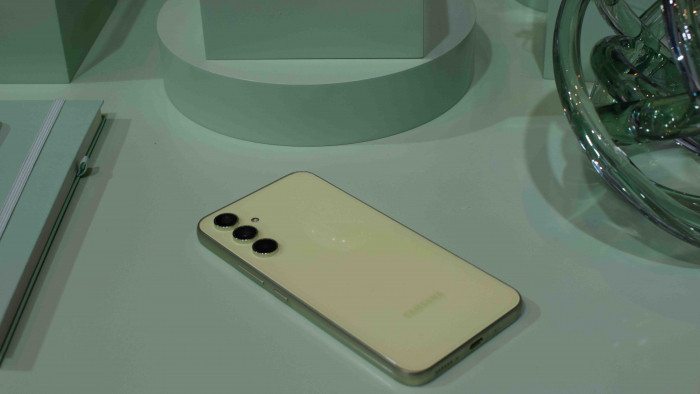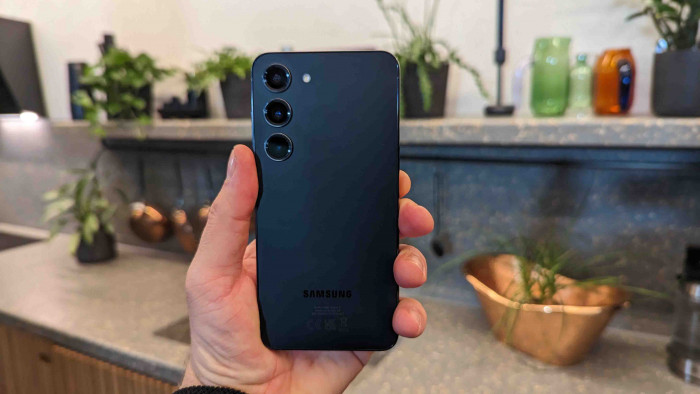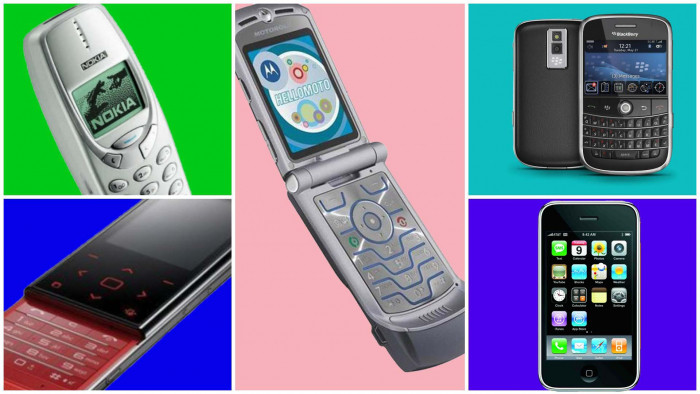One evening, I made a point of leaving my phone in my room, so that I could spend my time downstairs with my flatmates, mind separate from the infernal device. I felt very proud of myself, I felt a weight off my shoulders, I was free. Then, at about 2 in the morning, I went to bed, checked my phone and found what could only be described as a ‘proposition’ from someone I really fancied. But I was too late. THIS NEVER HAPPENED AGAIN. I NEVER MET UP WITH HER. I SHALL NEVER LET MY PHONE LEAVE MY SIDE FOR THE REST OF ETERNITY. I DEMAND TO BE BURIED WITH IT. TONIGHT.
So yeah, you could say I now have nomophobia – a fear of being separated from your phone. The term, which was first coined in 2016, is short for ‘no-mobile phobia’, and according to The Guardian, researchers in Hong Kong are worried that it’s becoming an epidemic.
One of the researchers, Dr Kim Ki Jo, says of the phenomenon: “The findings of our study suggest that users perceive smartphones as their extended selves and get attached to the devices. People experience feelings of anxiety and unpleasantness when separated from their phones.”
In the study, volunteers were asked how they felt when away from their trusty phone – people that demonstrated signs of nomophobia said they felt “alone” and “hurt”, with “neck pain” even being reported in some cases. People’s necks were actually hurting because they didn’t have their phones with them. Presumably because their heads were looking forward for once.
An American study also reported genuine physical changes in subjects torn from their comfortable devices, with increases in heart rate and blood pressure being noted.
But why is this happening? And why is it happening now? Professor Mark Griffiths, chartered psychologist and director of the International Gaming Research Unit at Nottingham Trent University, has a theory:
“People don’t use their phones to talk to other people – we are talking about an internet-connected device that allows people to deal with lots of aspects of their lives.
“You would have to surgically remove a phone from a teenager because their whole life is ingrained in this device.”
Obviously, he’s being a tad hilarious here, but it’s sort of true – what else is there when your phone has gone? If you’re a youngster: not much, really. Snapchat, Insta, to some extent Twitter – they’re the 2017 equivalent of a 2007 day out with friends. And even if you are actually, literally having a day out with your friends, then how are you supposed to let everyone else know that you’re doing it? Or conversely, know your friends are doing it, too?
If you think you might have nomophobia (you do though, don’t you), Griffiths says to look out for a couple of tell-tale signs:
- Your phone is the most important thing in your life
- You have noticed the time you spend on it rapidly increasing
- You get withdrawal symptoms when it’s out of your reach (like your neck hurts, for fuck’s sake)
- Using it is essential to de-stress
- Using it is essential to get excited
- Use of your phone compromises relationships or work
- It provokes inner conflict – so you know you’d like to leave it in your room, but you’re worried a babe will message you
(If you want an even more in-depth test, head on over here to diagnose yourself.)
So, does any of that apply to you? If so, you’ve probably got nomophobia. Check your phone right now. Is the screen very greasy and/or sweaty? You’ve got nomophobia. Do you have weird, hard nodules on the joints in your thumb from repetitive use? You’ve got nomophobia. Are your hands like Lego Man hands, able only to grasp objects of a certain size and shape? You’ve got nomophobia. Have you got a tattoo of your own phone on your forearm? You’ve got nomophobia. Are you literally a giant phone? You’ve got nomophobia and YOU ARE LITERALLY A GIANT PHONE.
(Image: Rex)










